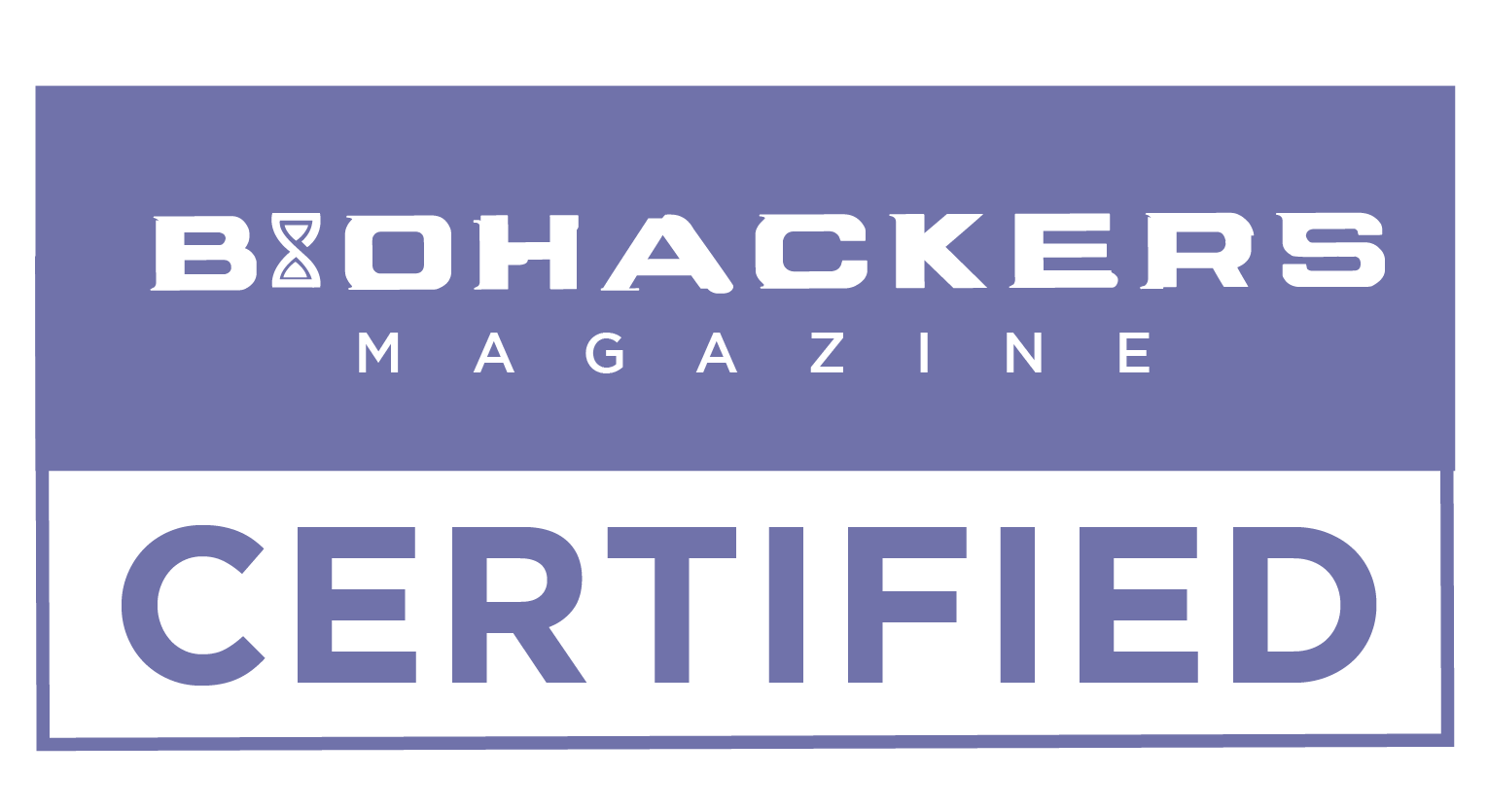In a world saturated with information and possibilities, the pursuit of authenticity and credibility has become paramount. Nowhere is this more evident than in the realm of certifications, where individuals and products seek to distinguish themselves through a rigorous evaluation process. But what does it truly take to earn a certification? In this blog, we embark on a journey to decode the criteria that set the standard for certification, shedding light on the process and significance behind earning that coveted stamp of approval.
The Quest for Quality
Certifications are more than just badges; they are symbols of quality and excellence that provide assurance to consumers and stakeholders alike. Whether it’s an individual seeking professional recognition or a product aiming to stand out in a competitive market, the criteria for earning certification serve as a roadmap for excellence, a benchmark against which to measure performance.
Scientific Rigor and Evidence-Based Practices
At the heart of any credible certification lies the foundation of scientific rigor and evidence-based practices. Whether it’s a fitness trainer seeking a personal training certification or a biohacking product aiming for authenticity, the criteria demand a strong foundation in validated methodologies. This ensures that practitioners and products are grounded in established principles that have undergone rigorous testing and examination.
Demonstrable Expertise
Earning a certification often requires a demonstration of expertise. For professionals seeking recognition in their field, this might involve passing comprehensive exams, showcasing practical skills, or presenting a portfolio of work. Similarly, products seeking certification may need to undergo thorough testing, validation, and review by experts who are well-versed in the specific domain.
Adherence to Ethical Standards
Ethical considerations play a pivotal role in the certification process. Whether it’s an individual or a product, adhering to ethical standards is non-negotiable. Individuals seeking certification in fields like medicine, law, or finance must demonstrate a commitment to ethical practices and codes of conduct. For products, ethical considerations might encompass transparency, sustainability, and adherence to responsible manufacturing processes.
Real-World Application and Impact
A certification isn’t just a theoretical accolade; it has real-world implications. The criteria often demand a track record of positive impact and application. Professionals seeking certification should demonstrate how their expertise has translated into tangible results for clients or patients. Similarly, products seeking certification should provide evidence of their effectiveness and the benefits they offer to consumers.
Continual Learning and Improvement
Earning a certification is not the end of the journey; it’s a milestone within a larger trajectory of growth and improvement. Many certification programs require individuals to engage in ongoing education and professional development. This ensures that certified individuals stay current with the latest advancements in their field and continue to provide the highest level of service.
Transparency and Accountability
Transparency is paramount in the certification process. Whether it’s disclosing the criteria, sharing assessment results, or providing clear information to consumers, transparency builds trust. Additionally, accountability plays a role in ensuring that certified professionals and products uphold the standards set by the certification body. This accountability maintains the integrity of the certification.
Conclusion
Earning a certification is more than just a box to check—it’s a commitment to excellence, authenticity, and continuous improvement. The criteria that underpin certifications are not arbitrary; they reflect a collective effort to establish a standard of quality and credibility within a given industry or domain. Whether it’s a personal trainer, a biohacking product, or any other realm seeking certification, the journey involves scientific rigor, expertise, ethical alignment, and a dedication to making a positive impact. As individuals and products strive to meet these criteria, they contribute to a world where authenticity, credibility, and excellence are valued above all else.

